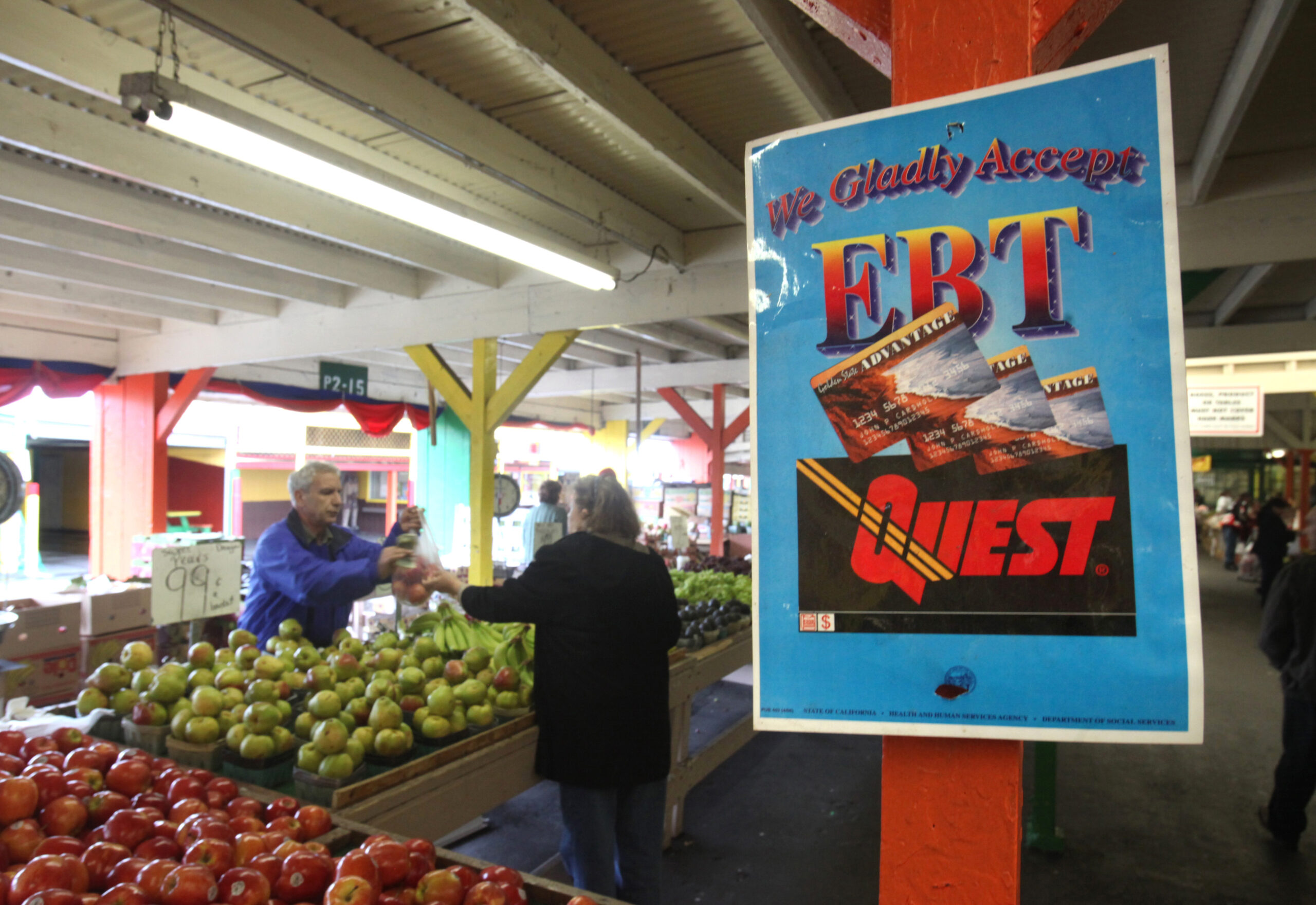

All Alaska households participating in the Supplemental Nutrition Assistance Program will receive their February payments tomorrow.
Alaska sends out payments to every SNAP-participating household, regardless of case number or last name, on the 1st of each month. North Dakota, Rhode Island, and Vermont will also send out payments to all participating recipients on Thursday.
In Alaska, about 12% of the state’s population, or 92,100 people, receive food stamps. The average payment per Alaskan household member per month is $271. In the Last Frontier State, households are split into three regions: Urban, Rural I, and Rural II. Each region produces a different maximum monthly payment.
Urban region households will receive a maximum payment of $374 for a household of one, $1,248 for a household of four, and $2,246 for a household of eight. After eight, the program adds a maximum of $281 for each additional member.
For eligible households in the Rural I region, the maximum payment for a household of one is $477. A household of four can receive up to $1,591, and a household of eight can receive up to $2,865. For each additional person, a maximum of $368 is added.
For Rural II households, maximum payments are $581 for one, $1,937 for four, and $3,487 for eight, with $436 added for each additional member.
CLICK HERE TO READ MORE FROM THE WASHINGTON EXAMINER
The cost-of-living adjustments for fiscal 2024 increased SNAP benefit amounts for all states and territories. A list of amounts by state can be found here.
SNAP benefits are reloaded each month onto an electronic benefits transfer card. The EBT card in Alaska is called the Alaska Quest Card. Households can purchase groceries, snacks, and seeds or plants with food stamps, but they cannot buy alcohol, tobacco, vitamins, live animals, prepared foods, or any nonfood household items.







